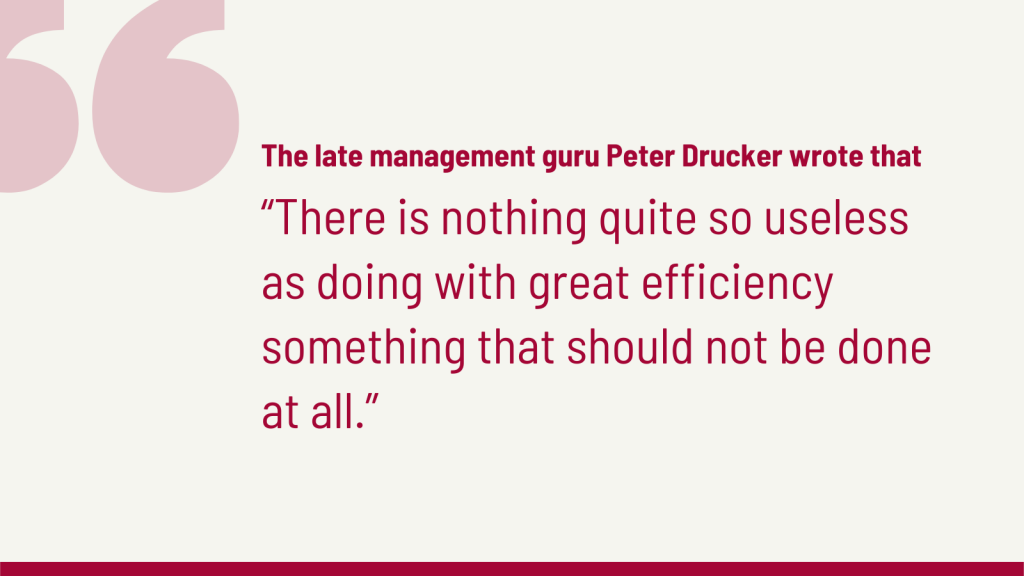
UpSkill: Goal Setting 101
The beginning of the new year is the most popular time for goal setting. It’s a goal-setting season and most people at least think about goals. Many people set goals. At least, we certainly hear a lot about goals.
Let’s take a moment to think about how a typical year ends and the new one begins for many of us.
At the end of the year, we are trying to wrap up projects, finish up the school year or close out the fiscal year.
We are planning for the holidays and decorating the house for the holidays. That may be a vacation, family get-together, staff events or other celebrations. We are buying and exchanging gifts, sending greeting cards and making more calls and connections than usual.
Some of you are preparing for other religious and cultural celebrations in the new year.
Many of us are planning how to ring in the new year.
Then we bring in the new year with a bang!
That’s how the typical year ends for many of us.
Then we are in the new year.
Recovering from the celebrations and overextension of self.
Returning from vacation, sending off family who visited, taking down the decorations and reorganizing to get back to work or school (if you even got a break!)
As soon as we come out of this hectic time of year someone may ask you about your goals for this year. You barely got a break, barely had time to close out the old year before you had to jump into the new.
A new year is busy with its own meetings and greetings while you contemplate the question: What are my goals?

It is usually in this tension, this blur, that we try to determine what our future should look like.
It is in this climate that we try to set aside a few minutes to write down our goals.
Actually, some of us are so busy at the start of the year that we don’t have time to think about our personal goals. We may actually be busy setting goals for others – the company, the team, the students, patients, customers or other stakeholders.
Few of us have downtime at the beginning of a new year to truly engage in meaningful goal-setting practices.
It’s no wonder we sometimes choose goals that don’t take us where we want to go, goals we have a hard time achieving, goals that we later realize were not suitable for us, or goals we achieve and don’t actually care about.
Imagine selecting a goal and pursuing it with all your effort and investment and at the end of the year, you realize that the goal was actually not even right for you.

That’s why it’s essential to take time for reflection before deciding on the goals you pursue.
Setting aside appropriate time and space for self-reflection is a prerequisite for meaningful and effective goal setting.
What we miss in the rush to set and share goals, especially at the beginning of a new year, is this most crucial step: Self-reflection on your past goals.
Effective goal setting happens in 3 stages: Past, Present and Future
Self- Reflection addresses the past. It allows you to look back to see how you got here
Self Assessment addresses the present. It provides a mechanism to establish where you are now.
Goal setting addresses the future. It enables you to look ahead and set a destination that you want to get to at some point in the future
I will explore the Self-Assessment and other aspects of Goals Setting in subsequent Blogs or you can listen to my podcast UpSkill Talks.
Let’s now take a look at how Self Reflection informs goal setting.
Self Reflection is deliberately making space to think. It is about your thinking, attitudes, actions and aspirations. It is holding up a mirror to yourself to see exactly who you are. It helps to deepen your understanding of yourself.
For our purposes, focus your self-reflection on your thinking and attitudes toward goal setting, the actions you typically take to support or sabotage your goals and how those compare to your deepest aspirations.
During a recent coaching session, one leader Sandra told me, “I am going to put in more effort into my work this year.”
I asked her, “How much effort did you put in last year?”
She said, “I am not really sure.”
I asked, “Was it 50% of what you are capable of, 75% of what was required?”
She said, “I really don’t know.”
If Sandra takes time to reflect on her attitudes and effort from last year and what impacted her, will she have a better understanding of where she is and the extra effort she needs to put in this year?
When you intentionally do self-reflection, you learn about the thoughts that are supporting you or holding you back. You notice patterns and gain insights that may be missed in the hustle and bustle of your busy life.
According to American philosopher and psychologist, John Dewey: “We do not learn from experience … we learn from reflecting on experience.”
This makes self-reflection essential to learning from our own lived experiences. Then we have the opportunity to apply this unique learning to improve our achievements.
